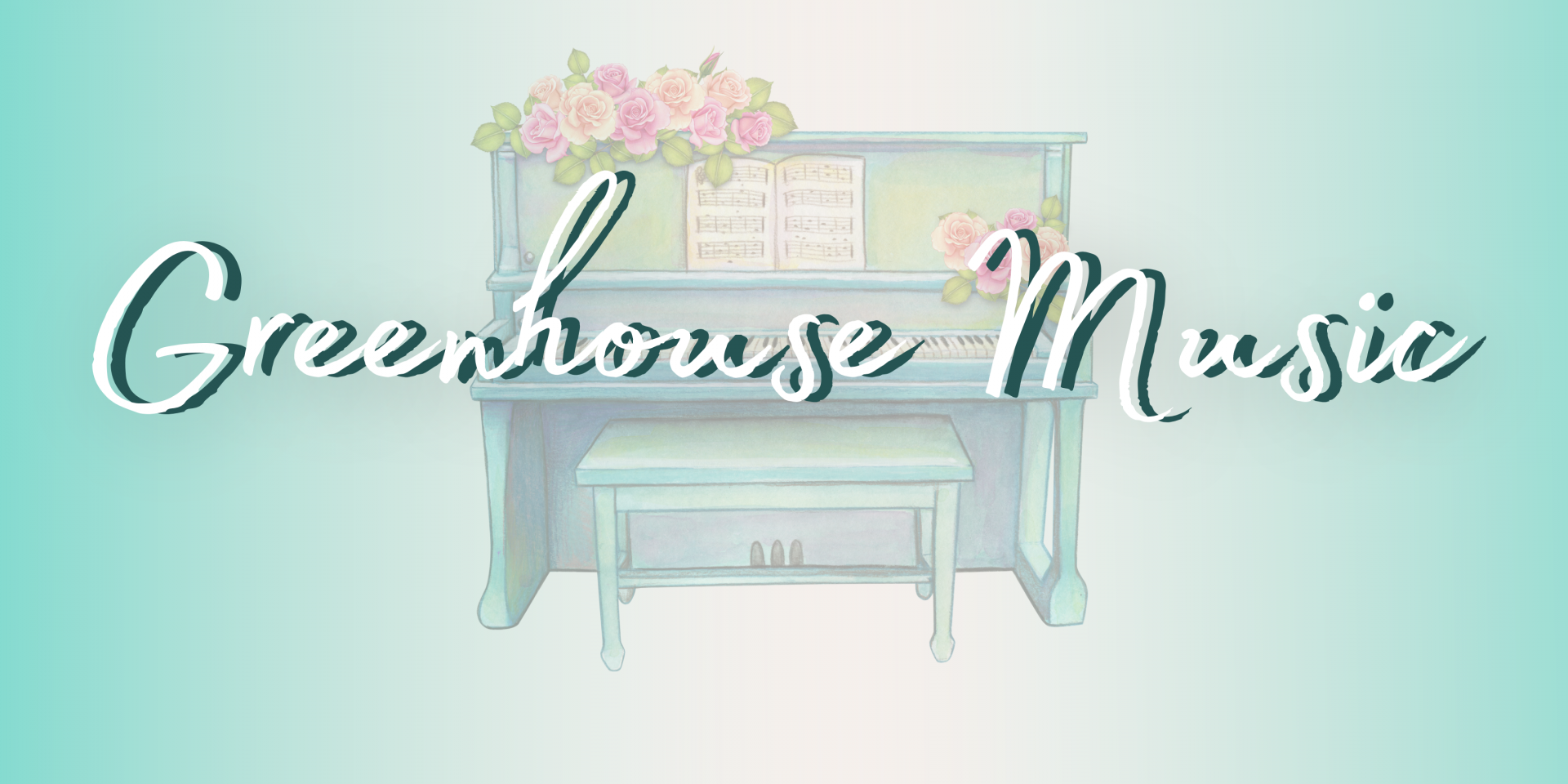Are piano lessons worth it? Are piano lessons necessary? In a world filled with diverse extracurricular activities, I hear how parents often ponder the value of enrolling their children in piano lessons. Are piano lessons for going to be worth it for “MY” kid? The resounding answer, supported by various studies and experts, is a harmonious yes. (See what I did there?)
**1. Cognitive Development:**
Learning to play the piano enhances cognitive abilities, fostering improved memory, attention, and problem-solving skills. Studies indicate that children involved in musical training tend to outperform their peers in non-musical cognitive tasks. You have to check out this fascinating study here: https://www.ncbi.nlm.nih.gov/pmc/articles/PMC3957486/#:~:text=Another%20study%20(Costa%2DGiomi%2C,end%20of%20the%20third%20year.
**2. Emotional Well-being:**
The piano provides an expressive outlet for children, allowing them to channel emotions through music. This emotional connection contributes to increased self-esteem, emotional intelligence, and a sense of accomplishment. I can’t tell you how many times my emotions were worked out through my fingers playing (sometimes aggressively) along those eighty-eight.
**3. Discipline and Patience:**
Mastering the piano requires dedication and patience. Even if you take away the idea of “Mastering” and just focus on learning. It still takes patience. It’s a great way for children to learn that emotional skill. Through consistent practice, children learn the value of perseverance and discipline, skills that extend beyond the music room and into various aspects of life.
**4. Social Skills:**
Piano lessons often involve group activities, recitals, and ensemble performances. These experiences nurture teamwork, communication, and the ability to collaborate with others – essential skills for navigating social landscapes. https://pubmed.ncbi.nlm.nih.gov/31750723/
Where music and brain theories were tested on kids ages 6-9. “Music training was associated positively with performance on the grammar test, musical ability, IQ, openness, and age. Musical ability predicted performance on the tests of speech perception andgrammar, as well as IQ, working memory, openness, and age. “
**5. Academic Excellence:**
Research suggests a positive correlation between musical training, particularly piano lessons, and academic achievement. Children who engage in music tend to excel in subjects like math and language, showcasing the interconnectedness of musical and academic abilities. Finding a study to support this, was not hard at all. It has been well researched and has extremely interesting findings.
https://pubmed.ncbi.nlm.nih.gov/36251356/
**6. Stress Reduction:**
Playing the piano serves as a therapeutic escape for children, helping to alleviate stress and anxiety. The calming nature of music contributes to a healthier mental state, promoting overall well-being. I have seen many children come into my studio, feeling low. Sometimes it’s the weight of other responsibilities, or relationships. Piano, and really, any kind of art gives a beautiful way for one to express themselves and work through issues weighing on the mind and body.
**7. Cultural Appreciation:**
Learning to play the piano exposes children to a rich cultural heritage of classical, contemporary, and global music. This exposure fosters an appreciation for diversity and broadens their understanding of different musical styles and traditions. Bach, Chopin, Beethoven, Mozart, Rachmaninov, and so many more. These are just a few of the influences we have that connect us to other corners of the world through their music.
**8. Lifelong Skill:**
Unlike some childhood hobbies, piano skills can be carried into adulthood. Whether pursued professionally or as a personal hobby, the ability to play the piano remains a lifelong asset, providing joy and fulfillment throughout one's life.
You can see, piano lessons for kids are not just about learning to play an instrument; they are a gateway to a myriad of cognitive, emotional, and social benefits. Investing in music education, lays the foundation for well-rounded individuals who contribute positively to society. So, the next time you wonder if piano lessons are worth it, remember – you're not just investing in music; you're investing in the holistic development of your child.
Delana


